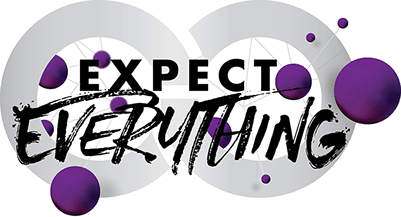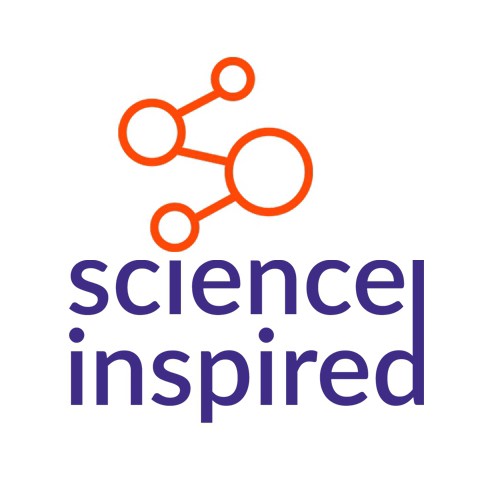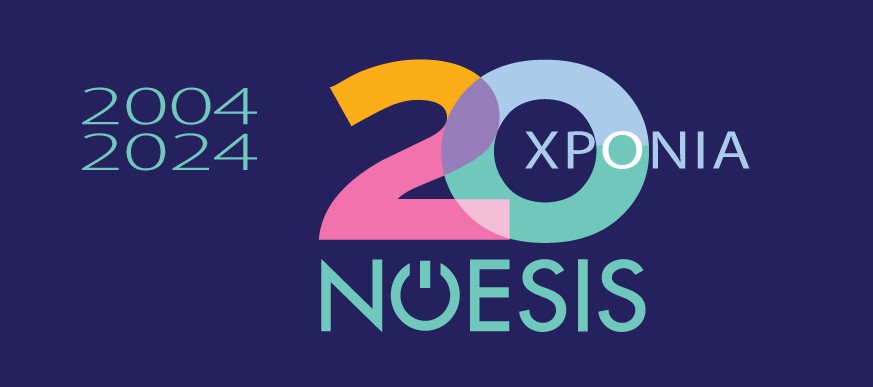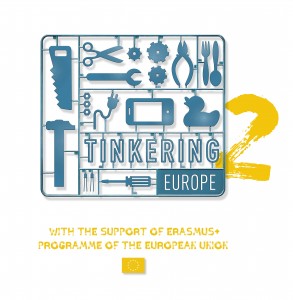Succesfully Completed Programs
Youth for Space Challenge – ODYSSEUS II Contest (ODYSSEUS II)
The project was funded by the EU, the program H2020-COMPET-2014. The aim of the project was to arouse young people’s interest in space exploration through a series of educational activities, which combined scientific learning with hands-on activities. The total budget amounted to € 1,994,376.00, of which € 134,700.00 concerned NOESIS. Duration 36 months (1/1 / 2015-31 / 12/2017).
Hypatia
 The project was funded by the EU, the program H2020-GERI-2014-1. The aim of the project was to involve in an equal way girls, but also boys, aged 13-18 years to acquire a positive attitude towards STEM sciences (Science, Technology, Engineering, Mathematics) and to encourage girls to choose a relevant direction. as a future career. The above are sought through the partnership and synergy of museums, schools and research centers. The total budget amounted to € 1,571,269.00, of which € 24,463.75 concerned NOESIS (acting as a Third Party). Duration 36 months (1/8/2015 – 30/7/2018).
The project was funded by the EU, the program H2020-GERI-2014-1. The aim of the project was to involve in an equal way girls, but also boys, aged 13-18 years to acquire a positive attitude towards STEM sciences (Science, Technology, Engineering, Mathematics) and to encourage girls to choose a relevant direction. as a future career. The above are sought through the partnership and synergy of museums, schools and research centers. The total budget amounted to € 1,571,269.00, of which € 24,463.75 concerned NOESIS (acting as a Third Party). Duration 36 months (1/8/2015 – 30/7/2018).
System 2020

The project is funded by the EU, the program H2020-SwafS-2016-17 and focuses on non-formal education of natural sciences, recording the field of non-formal education in Europe (11 main partners, 11 third parties participate), evaluating a number of interdisciplinary educational programs. In this context, a conceptual framework will be designed, based on the existing literature on extracurricular education, which will serve as a reference point for recording educational activities in the field of non-formal and non-formal education. A database of all actions in the field of non-formal and non-formal education at European level will be set up. At the same time, the basic principles for trainers in this field will be collected and captured. The total budget amounts to € 2,999,982.00, of which for NOESIS correspond to € 38,870.00. Duration 36 months (1/5 / 2018-30 / 4/2021). For more information visit the official website of the project by clicking here.
Tinkering EU

Tinkering EU: Building Science Capital for All
2017-1-IT02-KA201-036513
Funded by Erasmus+
www.museoscienza.org/tinkering-eu2
“Tinkering EU: Building Science Capital for All” is a European program with international collaborations, which uses the innovative “Tinkering” educational approach to develop 21st century skills. and the Science Chapter for young people from disadvantaged social groups.
“Tinkering” is an innovative educational approach, introduced by the Exploratorium in San Francisco. It promotes the construction of knowledge in the context of making personal artefacts and gives the opportunity to the participants to “think with their hands”, in order to understand and develop skills useful for their whole life. The Science Chapter draws on Pierre Bourdieu’s work and summarizes the various influences that a young person’s experiences may have on his or her scientific identity and participation in science-related activities. It offers a different perspective on education and science and is a powerful tool for developing active citizenship, employment and social participation.
The European program “Tinkering” is addressed to students from 8 to 14 years old (Elementary and High School), teachers and museum staff, with the following activities:
• “Tinkering” actions in museums and then work in the classroom.
• A series of seminars for teachers and museum staff.
• An electronic version, which will analyze the relationship between “Tinkering” and the Science Chapter.
• A reflection tool for teachers to consider the impact of this project on their work.
• Various communication actions at local, national and European level.
• A European community with practices that will focus on the use of “Tinkering” and the Science Chapter.
The program is a follow-up to ‘Tinkering: Contemporary Education for the Innovators of Tomorrow’, funded by the first Erasmus +, which implemented Tinkering’s innovative educational approach at European level, with activities and resources for adults and educators, in standard and informal educators.
Participants
National Museum of Science and Technology Leonardo da Vinci – Italy – coordinator
• University of Cambridge – United Kingdom
• NEMO Science Museum – Netherlands
• Science Gallery Dublin – Ireland
• CosmoCaixa – Spain
• Science Center Network – Austria
• NOESIS – Greece
The Tinkering Studio of the Exploratorium in San Francisco participates in a consulting role in the project.
Contact
Elisabeth Constantinou
Responsible for Communication and Promotion
NOESIS
6th km Thessaloniki- Thermi, 57001 Thermi, Greece
Email: konstantinou@noesis.edu.gr
Tel: +30 2310 483 000, ext. 105
Fax: +30 2310 483 020
Science Inspired

The Science Inspired program aims to highlight science centers as excellent places for young people to learn about science, where educators in collaboration with facilitators can inspire them and impart their knowledge.
Under the program, 4 science centers join forces: The Experyment Science Center from Poland, the Agóra Science Center from Hungary, VIDA! Science Center from the Czech Republic and NOISIS from Greece.
Research shows that students find science-related courses interesting, even though they are more difficult and more demanding. Adolescents do not have the tools that would allow them to acquire relevant knowledge more easily. The Science Inspired program will create new tools to help educators and facilitators encourage young people to take on new challenges.
Objectives of the program
– Exchange of experiences between teachers and facilitators from European science centers.
– Encourage teachers to share their knowledge in their work environments.
– Cooperation between science centers in Poland, the Czech Republic, Hungary and Greece.
– Encourage young people to create their own scientific content.
During the program teachers and facilitators in science centers:
– They will participate in 4 visits to the science centers participating in the program.
– They will create their own scientific video, where, using interactive exhibits, they will explain the most interesting phenomena.
– They will get acquainted with modern teaching methods, e.g. gamification, storytelling, ICT.
– They will make clear the motivations and needs of young people and will try to meet these needs using the design thinking method.
– They will create innovative teaching methods using new technologies and extracurricular activities.
Teenagers:
– They will try the tools that will be created by the facilitators and the teachers.
– They will participate in workshops, during which they will learn how to create inspirational scientific videos.
– They will participate in a competition for the creation of a short scientific video.
– They will exchange views on the videos with teenagers from Hungary, the Czech Republic, Greece and Poland.
The program is funded by the European Union under Erasmus +.
Program duration: 1.12.2018-30.1.2021
For the official website of the project click here.


